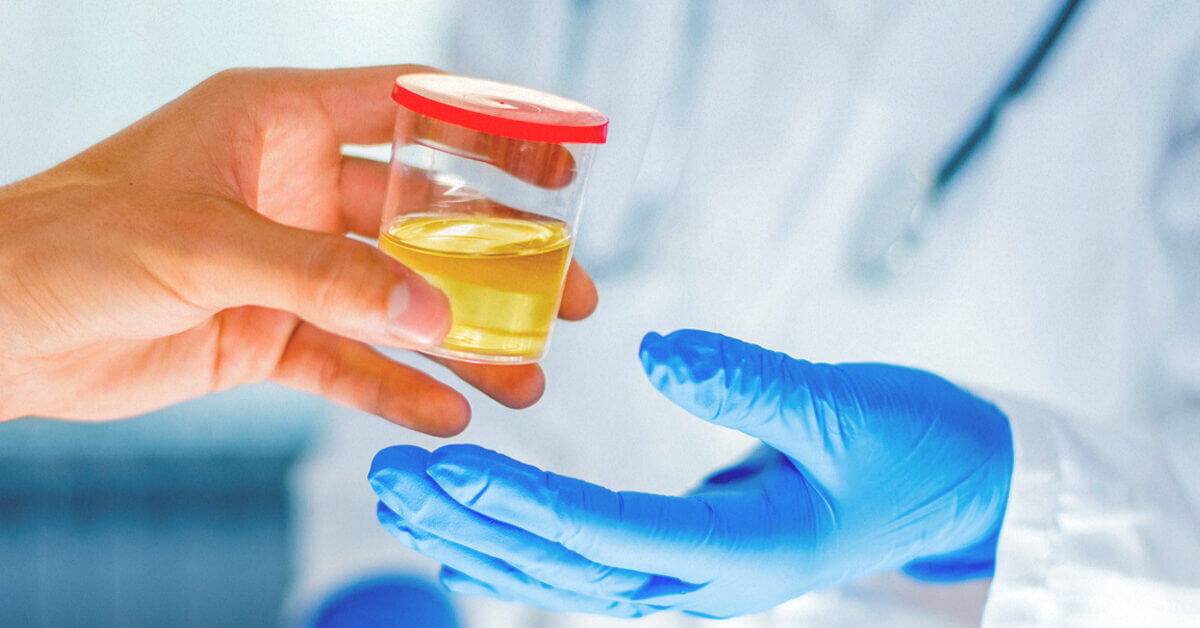If you’re subject to drug testing – whether as part of a job, on probation, or for any other reason – it’s important to understand how the process works. It’s also important to know what your rights are, and what could happen if you fail a drug test.
So, here are 10 things you need to know about drug tests:
- How do drug tests work?
There are several ways to test for drug use, but the most common is urine testing. This involves collecting a sample of urine and sending it to a laboratory for analysis. The lab looks for traces of drugs or their metabolites – the chemicals that are produced when the body breaks down drugs.
This can be done using a variety of methods, including immunoassay kits and chromatography.
- What are the different types of drug tests?
There are several different types of drug tests, each with its advantages and disadvantages. Urine tests are the most common, but hair and saliva tests are also used. Blood tests are less common, as they’re more invasive and expensive.
- How long do drugs stay in your system?
The length of time that drugs stay in your system depends on a variety of factors, including the type of drug, how much was taken, and your metabolism. In general, however, most drugs can be detected in urine for up to 72 hours, while hair and saliva tests may be able to detect drugs for up to 90 days.
- What can happen if you try to cheat on a drug test?
There are several ways to try to cheat on a drug test, but most of them are easily detected. Trying to adulterate your sample, for instance, will usually result in a failed test. And if you’re caught trying to cheat, you may be subject to disciplinary action or even legal consequences. This is why it’s always best to just be honest about any drug use.
- What should you do if you fail a drug test?
If you fail a drug test, the first thing you should do is consult with an experienced attorney. They can help you understand your rights and options, and may be able to get the charges against you reduced or dismissed.
- What are the consequences of failing a drug test?
The consequences of failing a drug test can be serious, depending on the situation. If you’re subject to workplace drug testing, for instance, you may be fired or disciplined. And if you’re on probation, you may be sent back to jail.
- Can you get a false positive on a drug test?
Yes, it is possible to get a false positive on a drug test. This can happen if you take certain medications that can cause a false positive, or if the laboratory makes a mistake. If you think you’ve received a false positive, you should consult with an attorney.
- What are the most common drugs tested for?
The most common drugs tested are marijuana, cocaine, amphetamines, and opioids. However, many other drugs can be tested for, depending on the situation. Some employer drug tests, for instance, may also test for alcohol.
- Are there any drugs that can’t be detected by drug tests?
There are a few drugs that can’t be detected by standard drug tests, including some designer drugs and certain medications. However, new testing methods are being developed all the time, so these drugs may eventually be detectable.
- Do drug tests violate your privacy?
Drug tests may violate your privacy, but they’re generally considered to be legal. If you’re subject to drug testing, it’s important to understand your rights and options so that you can make an informed decision about whether or not to take the test.
These are just a few things you need to know about drug tests. If you have any questions, be sure to consult with an experienced attorney. They can help you understand your rights and options, and may be able to get the charges against you reduced or dismissed.
Do you have any comments or suggestions that are not on our list? Please share your thoughts with us in the comments section below!













Comments